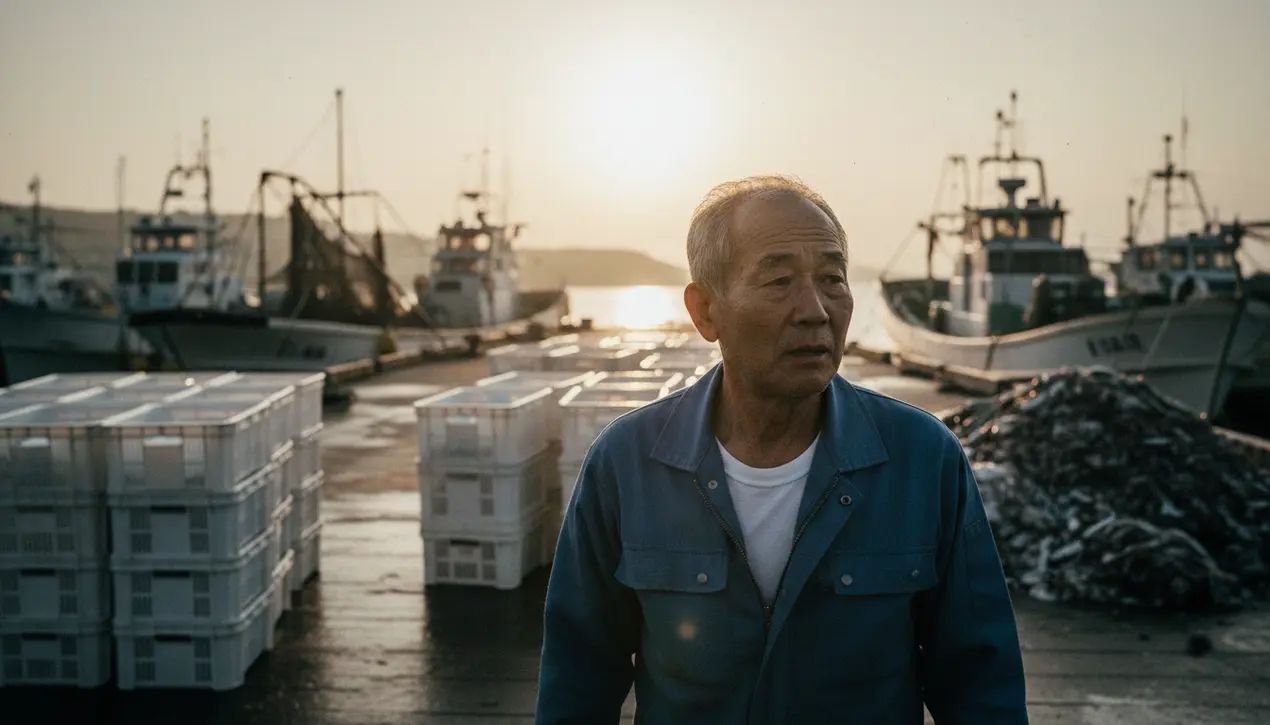
Politicssanctions & tradeImport and Export Policies
China Suspends Japanese Seafood Imports Over Fukushima Water Release.
OL
Oliver Scott
2 hours ago7 min read
The geopolitical chessboard between Asia's two largest economies has been thrust into sharp relief once more with China's decisive move to suspend all Japanese seafood imports, a retaliatory measure directly linked to Japan's controversial release of treated wastewater from the Fukushima Daiichi nuclear power plant. This isn't merely a trade spat; it's a high-stakes escalation in a long-standing regional dispute, one that Kyodo News confirmed through a government source, signaling a dramatic reversal of a brief diplomatic thaw that had seen Beijing lift a nearly two-year import ban just five months prior.The strategic calculus here is profound. Before the initial 2023 embargo, the Chinese market, inclusive of Hong Kong, constituted the single most crucial destination for Japanese marine products, a multi-billion-dollar economic artery that Tokyo had been desperate to restore.Beijing's justification, rooted in what it terms 'worries' over the safety of the treated water, is a powerful political and economic lever, one that resonates deeply with a domestic Chinese populace still haunted by the specter of the 2011 meltdown. From a risk analysis perspective, this action fits a predictable pattern of using sanitary and phytosanitary measures as non-tariff barriers during periods of heightened political tension, a tactic employed globally but with particular potency in the fraught Sino-Japanese relationship, which remains shadowed by historical animosities and contemporary rivalry.The International Atomic Energy Agency (IAEA) has endorsed Japan's discharge plan, asserting that the treated water, diluted to meet stringent safety standards, poses a negligible radiological impact, a position supported by numerous independent scientific bodies. Yet, Beijing's firm stance capitalizes on a potent mix of genuine public apprehension and strategic opportunism, effectively weaponizing consumer fear.The immediate consequences are stark: Japanese fishing cooperatives, which had cautiously welcomed the recent market re-opening, now face catastrophic financial losses and a potentially irreparable blow to their international reputation. Beyond the docks, this suspension sends a chilling signal to other nations in Japan's diplomatic orbit, demonstrating Beijing's willingness and ability to inflict severe economic pain in pursuit of its political and environmental objections.We must consider the potential for secondary shocks: will this trigger a domino effect, with other nations in the region, perhaps South Korea or Taiwan, facing internal pressure to implement similar restrictions? Furthermore, this move could be a precursor to a broader trade confrontation, spilling over into sectors like technology, automotive, or tourism, as historical precedents suggest these disputes rarely remain contained. The scenario planning for corporate risk officers operating in East Asia just became significantly more complex.For Japan, the path forward involves a delicate balancing act between maintaining its scientific credibility, supporting its devastated coastal communities, and navigating a diplomatic minefield without appearing to capitulate to economic coercion. This is more than a story of fish and water; it is a live-fire exercise in economic statecraft, a case study in how environmental issues become inextricably linked to national security and regional dominance, with the stability of a critical global supply chain hanging in the balance.
#featured
#China
#Japan
#seafood import ban
#Fukushima wastewater
#bilateral tensions
#trade dispute
Stay Informed. Act Smarter.
Get weekly highlights, major headlines, and expert insights — then put your knowledge to work in our live prediction markets.
Comments
Loading comments...
© 2025 Outpoll Service LTD. All rights reserved.